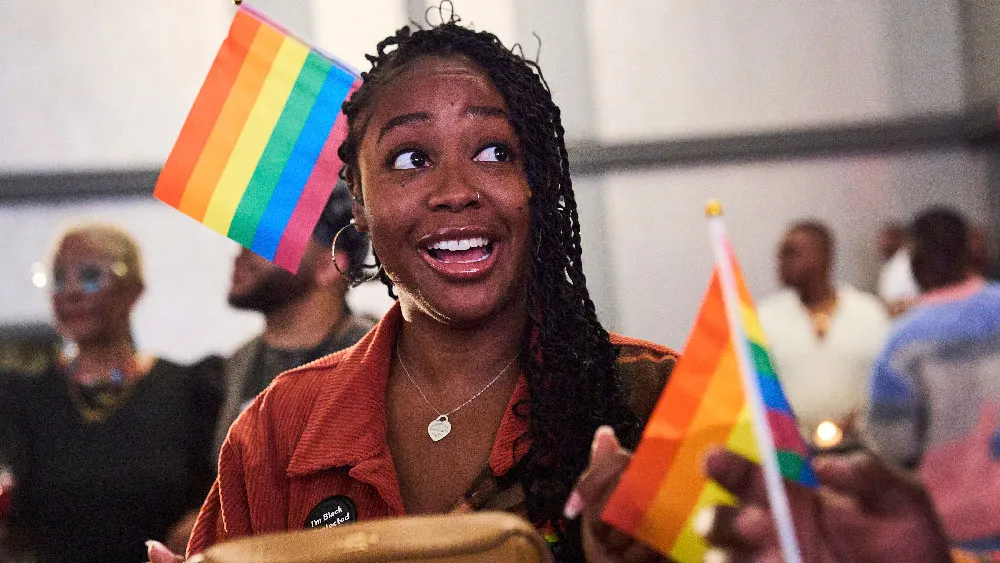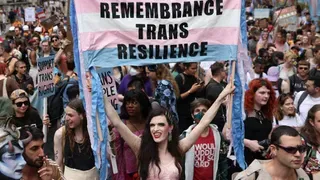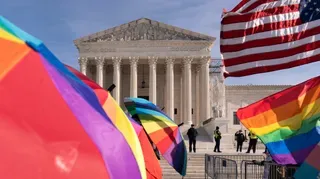April 3, 2013
UK Police Say Goths Can Be Hate Crime Victims
Jason St. Amand READ TIME: 2 MIN.
If you punch a punk in Manchester, it could be a hate crime.
Police in the English city announced Wednesday that they will begin recording offenses against members of alternative subcultures in the same way they do attacks based on race, religion, disability, sexual orientation or transgender identity.
The Greater Manchester force - the first in Britain to take the step - says "Goths, emos, punks and metallers" and members of other alternative groups often endured abuse.
Members of these groups - often teenagers - are easily identifiable by their distinctive clothing, hairstyles and accessories, from Goths' pale makeup and black garb to punks' spiky hair and piercings.
"People who wish to express their alternative sub-culture identity freely should not have to tolerate hate crime," Assistant Chief Constable Garry Shewan said.
Manchester police said the change would enable officers to give more support to the victims of anti-punk or anti-Goth crime.
But it won't necessarily mean tougher sentences. Although British judicial guidelines call for people convicted of hate crimes to receive tougher sentences, the Manchester decision has not been recognized nationally.
The police decision follows campaigning by the Sophie Lancaster Foundation, a charity set up in memory of a 20-year-old who was fatally attacked in a park near Manchester in 2007 because of her Goth appearance.
The judge at the trial of the five teenage attackers called the assault on Lancaster and her boyfriend a hate crime.
The foundation is campaigning to get hate crimes laws expanded to include "alternative subcultures or lifestyle and dress" and has gained support from musicians including Gary Numan and Courtney Love.
The victim's mother, Sylvia Lancaster, said the police move was "a validation of the work we have undertaken in the past five years and hopefully other forces will follow (Manchester police's) lead."
There are no immediate plans to change the national hate crimes register, but last year Equalities Minister Lynne Featherstone acknowledged that the five recognized categories of hate crime was "an incomplete list."




